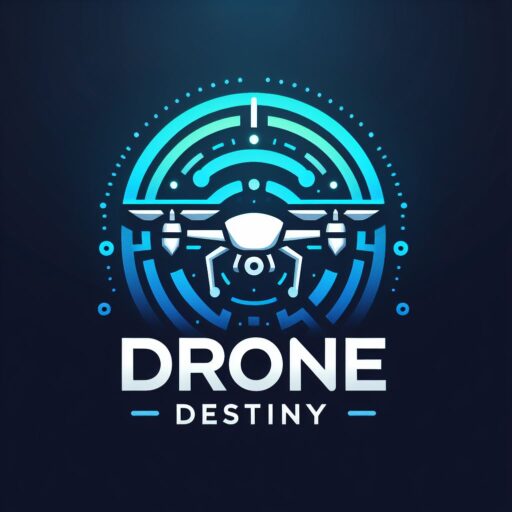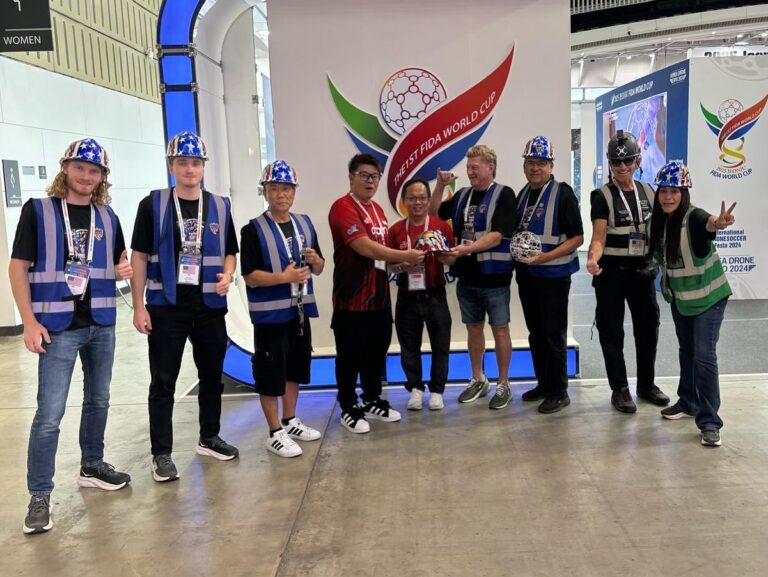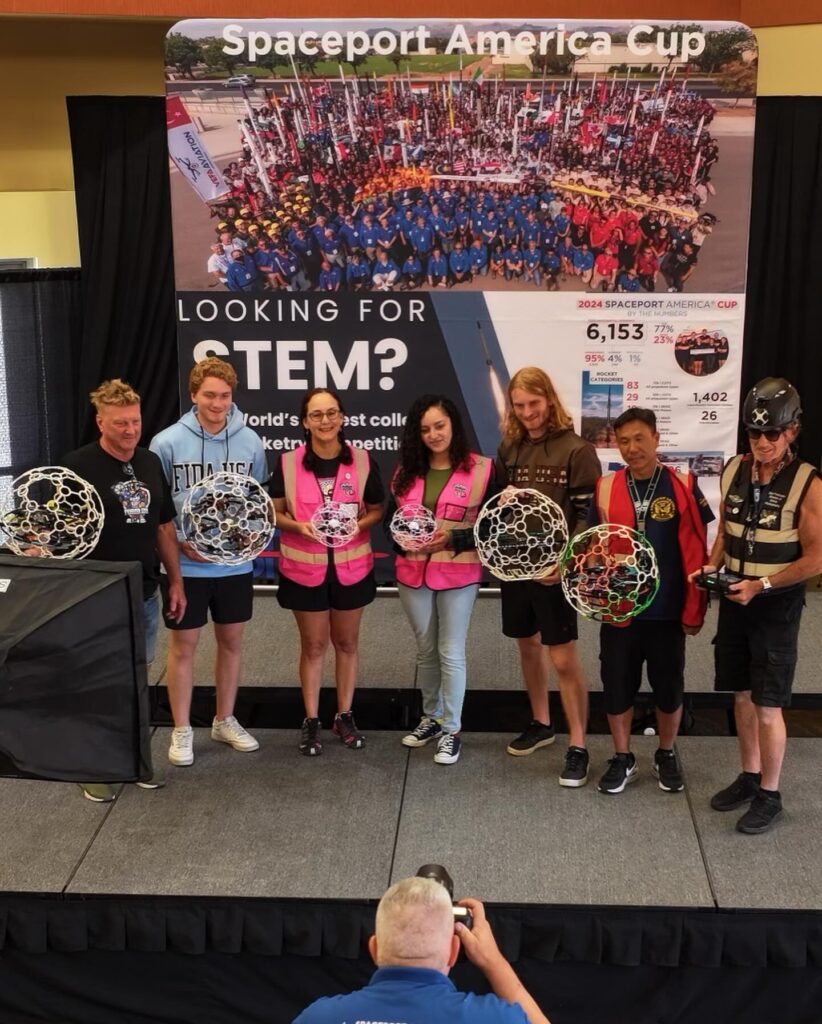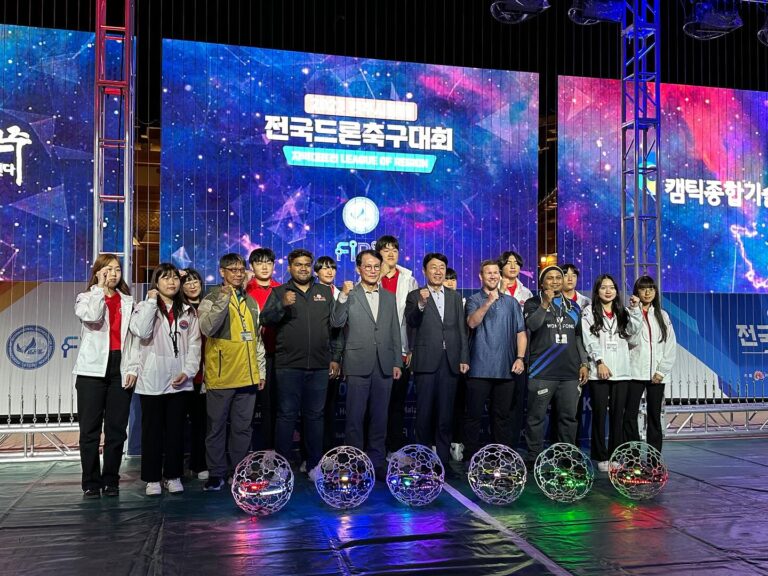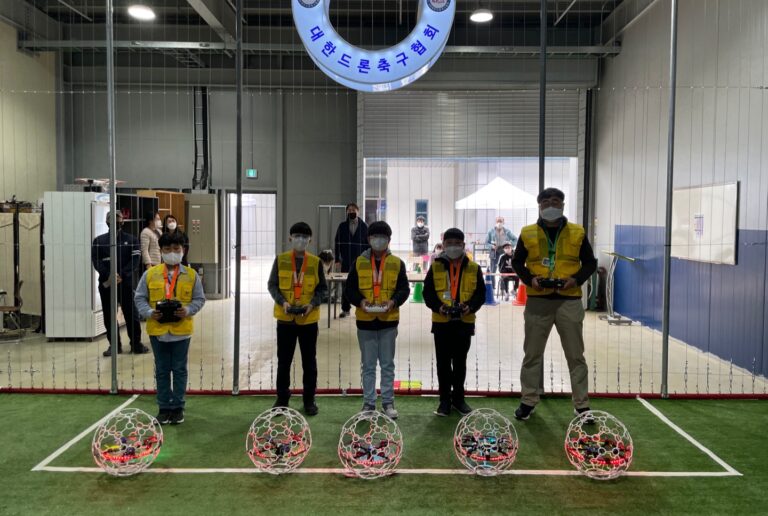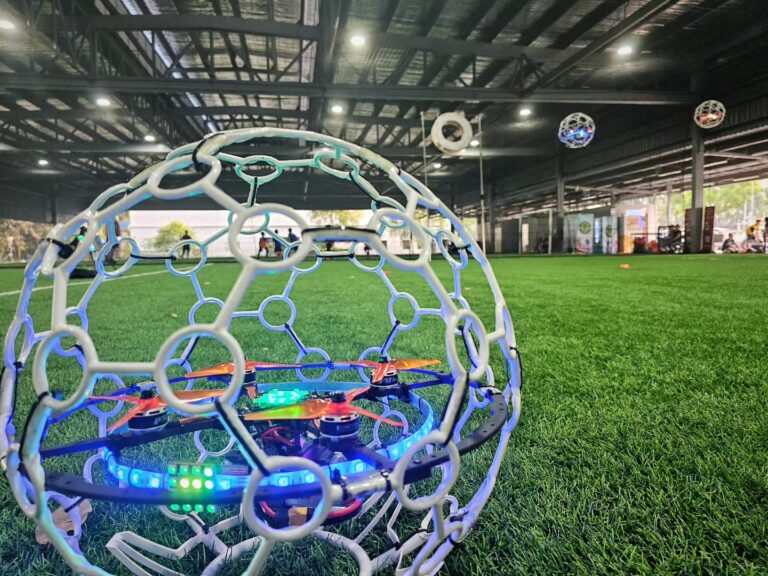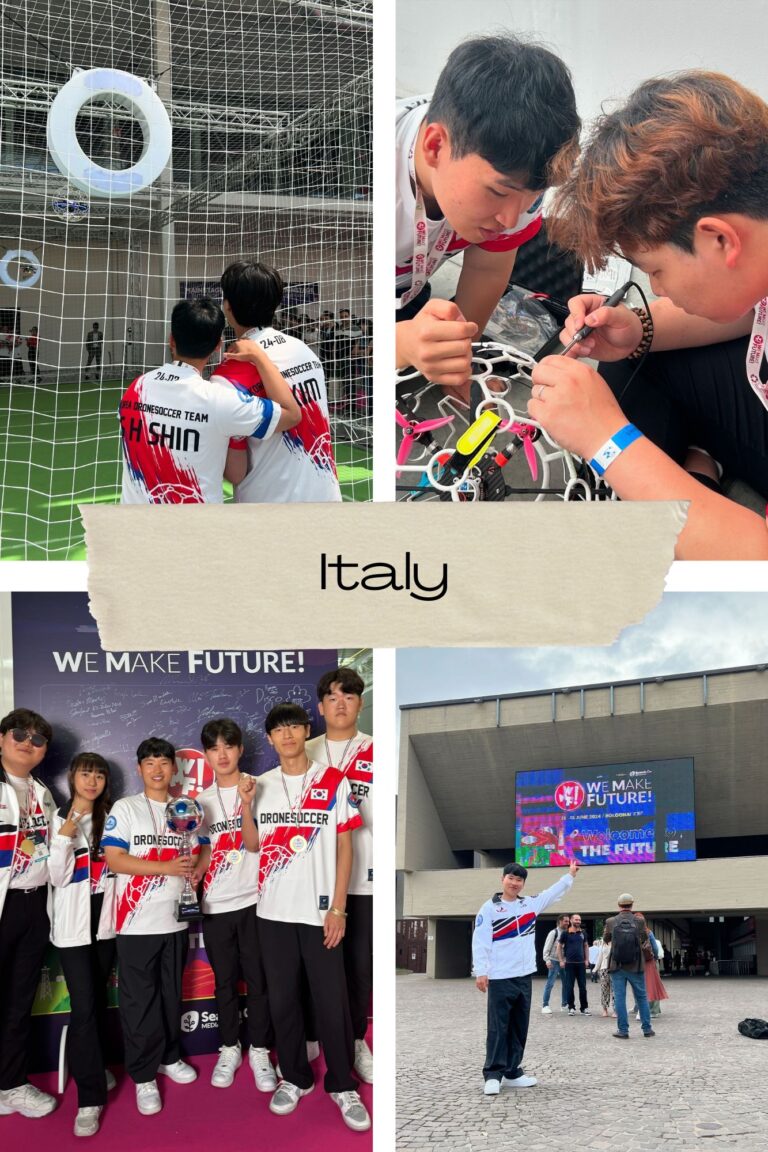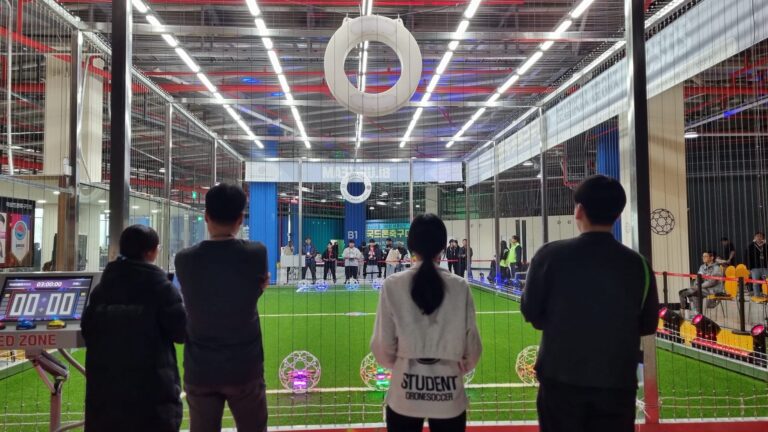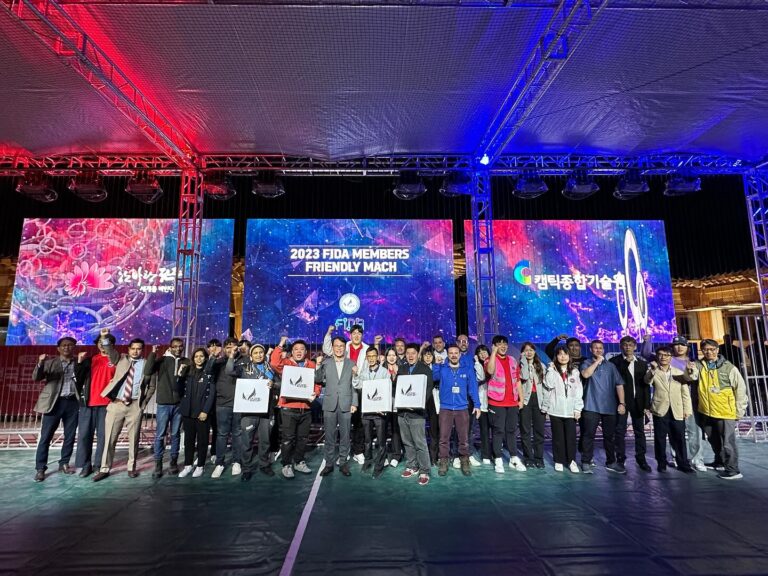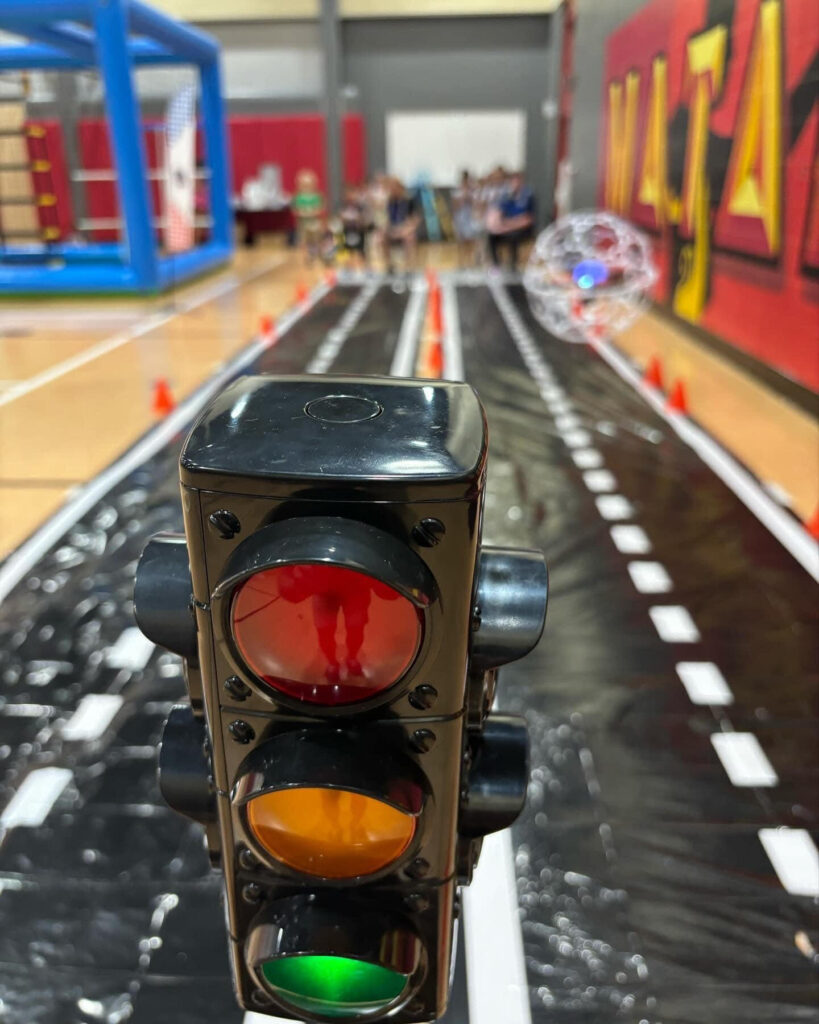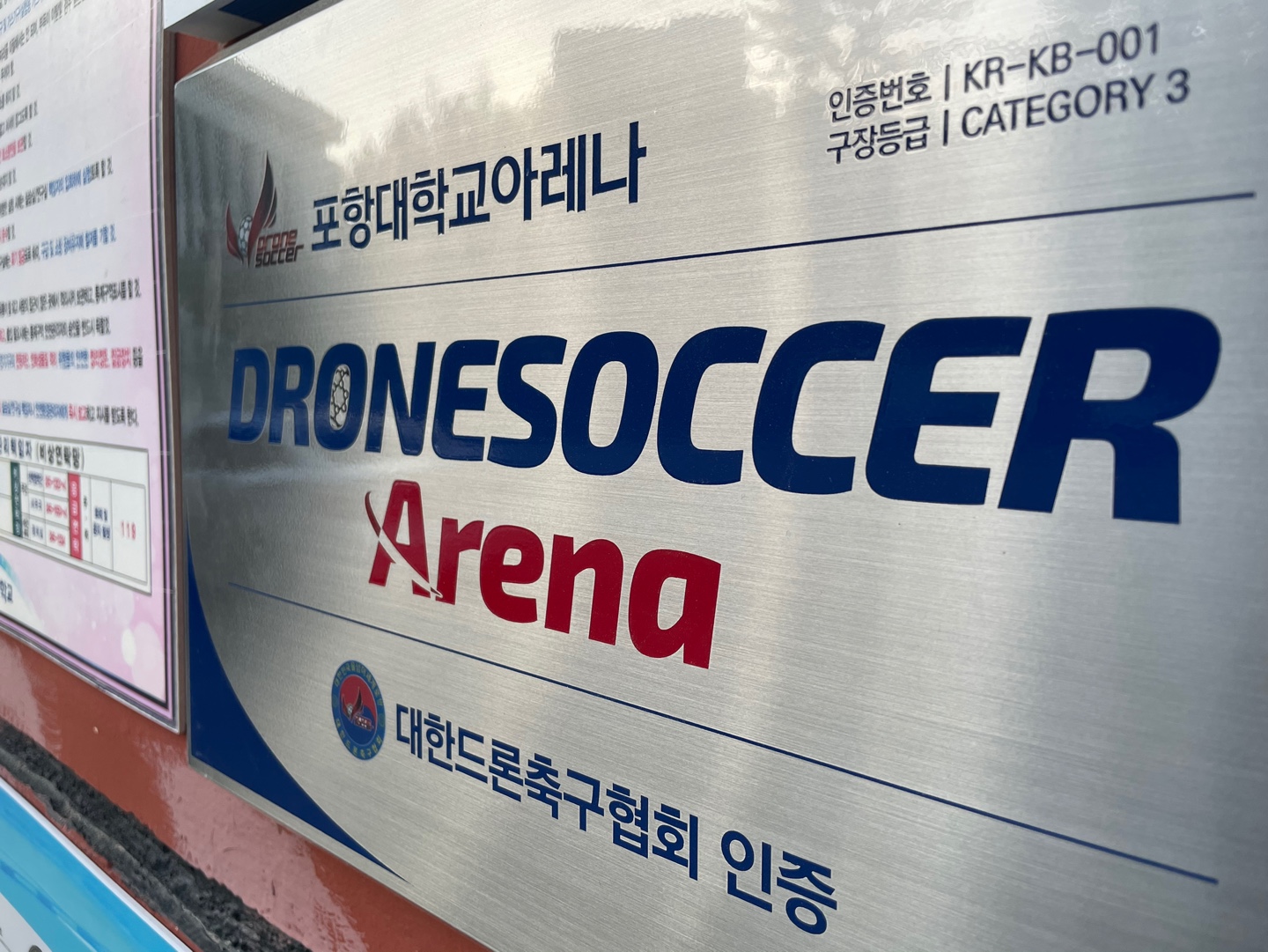
Introduction
Drone soccer is not only a fun, active game, but a powerful and effective tool for teaching kids skills for life, including responsibility. Drone soccer is a new game that brings together play and education, teaching young people invaluable lessons in a world where technology plays a significant role in their lives. Lets explore how Drone soccer can teach kids a sense of responsibility why this is important.
Why Responsibility Matters
Responsibility is a core life skill. It’s about taking ownership of what you do, thinking about what you do, and accepting what comes as a result of what you do. If children learn responsibility early, they are more likely to be prepared to face challenges, develop trust with others and contribute positively to their community.
This is sometimes a little tricky to teach, particularly with younger children who do not understand responsibility. This is where Drone soccer plays a role, being a fun educational process to show responsibility on an experience basis.
Drone Soccer: The Path to Responsibility
Drone soccer is a game that blends technical skill, teamwork, and strategy. These all aspects of the game automatically guide kids to accept responsibility of all potential forms.
Caring for the Equipment
Taking care of the drone is one of the first responsibilities that kids have to adapt to when learning Drone soccer. Drones are fragile and costly pieces of technology, and keeping them in working order means handling them with care, performing regular checks and making simple repairs. Kids also learn responsibility by taking care of their equipment properly.
Adhering to Policies and Procedures
Like any sport, drone soccer has rules to follow. Rules that ensure fair play and safety must be learned and respected. Through this process, children learn that rules are important since their actions evoke consequences—breaking a rule may lead to penalties or even disqualification—which helps them understand that responsible behavior blossoms into recognition.
Teamwork and Collaboration
Drone soccer is a team sport, and how well players work together determines success. This instills in kids that they have commitments that extend beyond themselves but also to their teammates. They discover how to talk to each other, to lift each other up, knowing that they are putting in their best effort to Agreed Goal. This aspect of teamwork fosters a sense of responsibility towards others, an essential skill to cultivate for strong interpersonal skills.
Time Management
Time management is an important aspect of Drone soccer, be it while practicing, during a match, or juggling the sport with studies and other extracurriculars. Introduction to chores teaches children to learn how to prioritize, set goals and stay on track with a schedule — key components to being responsible. These skills become habits that serve them well throughout their lives.
Learning from Mistakes
There are mistakes in Drone soccer—drones crash, goals are missed, strategies fail. But every failure is a chance to learn and develop. Drone soccer encourages kids to analyze and reflect on their actions, identify what went wrong, and determine how to make it right. Learning through failure is an important way to learn responsibility, as it helps children take ownership of their actions and work toward successful outcomes next time.
Drone Soccer: The Long-Term Benefits of Responsibility
Hands-on lessons of responsibility learned in Drone soccer extend well beyond the playing field. Here’s how those lessons translate into long-term benefits for kids:
Enhanced Problem-Solving Abilities
When kids assume ownership in Drone soccer, they become more efficient with their own decisions. This process allows them to weigh their options and think critically about what option might be best. These skills transfer to real life, assisting them in school, interpersonal relationships and eventually careers.
More Confidence and Self-Esteem
“When kids own the responsibility and things turn out well — be it a well-kept drone, a successful team effort, a positive game strategy — and they see the fruits of their labor, their self-esteem is propelled forward.” They are secure in their capabilities, as their good actions lead to success. This belief can inspire them to seize new opportunities and chase their ambitions with conviction.
Robust Sense of Responsibility
Accountability is inherently connected to responsibility. Kids are learning about using responsibility in Drone soccer — for their own actions — not just successes but failures. With such a keen understanding of accountability, they cultivate trust with others and make a name for themselves as reliable. This quality will benefit them in their personal and professional relationships as they grow older.
More Readiness for the Future
The responsibility instilled in kids through Drone soccer prepares them for adult challenges. Skills such as time management, teamwork, and task prioritization will set them on the path to success not just in school but across all areas of life. Moreover, having to be responsible forms good foundational training for being a leader one day, because responsible people are usually leaders in their communities.
How Parents and Coaches Can Foster the Learning Process
Drone soccer is already such a fun and engaging sport that fosters personal responsibility, but parents and coaches are an important part of making sure kids have the best experience while learning to responsibly fly. Here are some things they can do to help support and reinforce these lessons:
Encourage Ownership
Allow kids to have some ownership over their Drone soccer experience. Allow them to manage their equipment, schedule practice times, or game plan. When they feel in control, the responsible one will believe in being responsible.
Provide Constructive Feedback
The more mistakes that you make in learning, the better. In other words, as kids mess up in Drone soccer, use these as opportunities to teach. It gives constructive feedback so they know what they did wrong and what they can do better. Help them to see errors as learning situations instead of failures.
Set Clear Expectations
Set expectations for behavior on and off the field. Make it clear that kids are expected to follow rules, respect teammates and take care of their equipment. So reinforce these expectations consistently so kids know what you are expecting from them.”
Reward Appropriate Behavior
When kids show responsibility, praise it! Celebrate their efforts, whether that’s through verbal acknowledgement, little rewards, or just noticing their hard work. This motivates kids to keep being responsible and reinforces their new behavior so they know how much you appreciate their efforts.
Lead by Example
Children absorb a great deal from their observations of adult behavior. Parents and coaches should practice what they preach. Whether that is through being punctual, honoring commitments, or treating others with respect, leading by example gives kids a powerful model to emulate.
Conclusion
Drone soccer is more than an exciting sport — it is a powerful way to teach kids about the importance of responsibility. Through taking care of their equipment, following the rules, working as a team, and learning time-management skills, kids build a sense of responsibility that will carry them the rest of their lives.” Drone soccer can serve as a fun and powerful vehicle for teaching these critical life skills to the next generation, with the help of parents and coaches.
